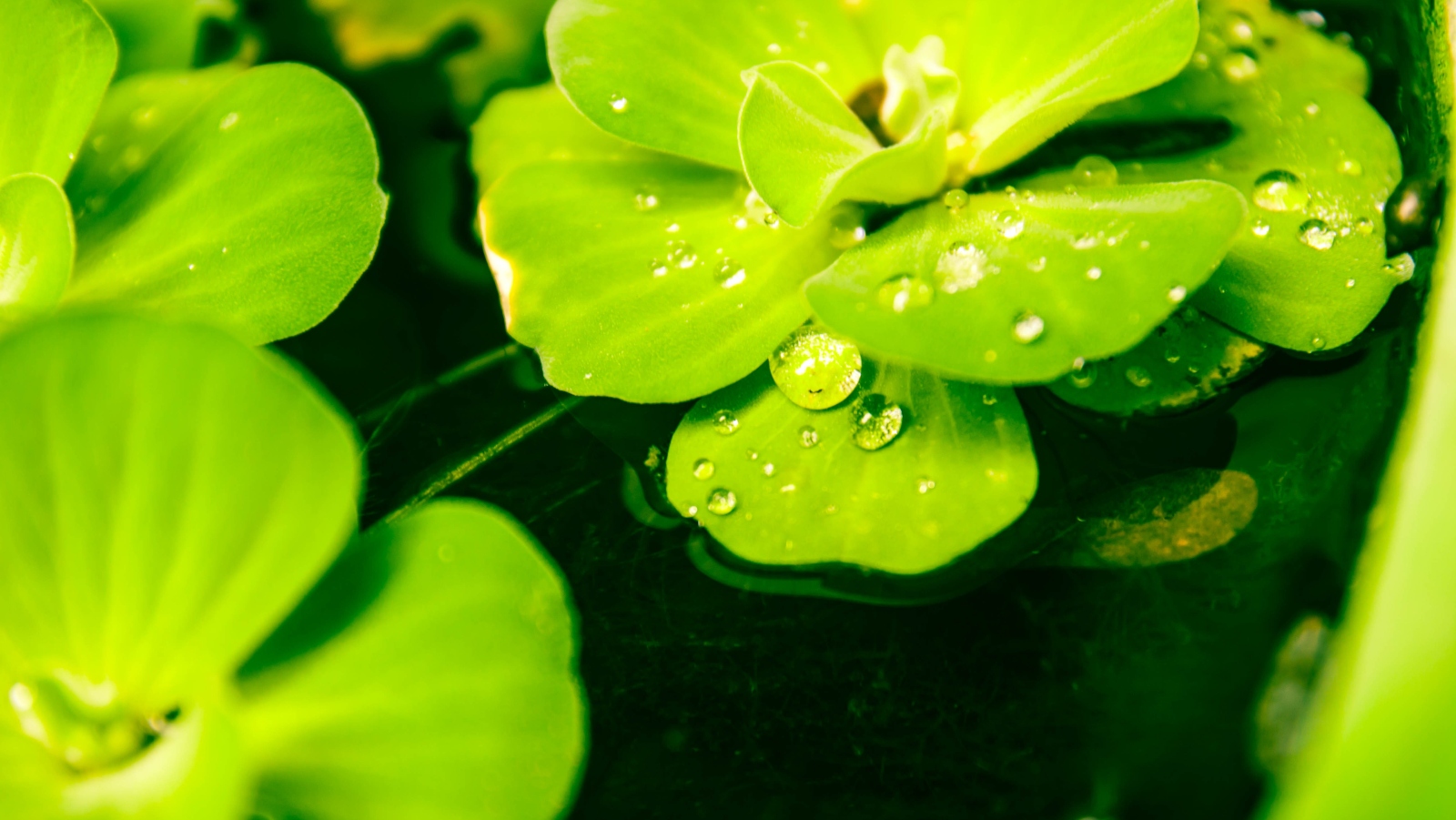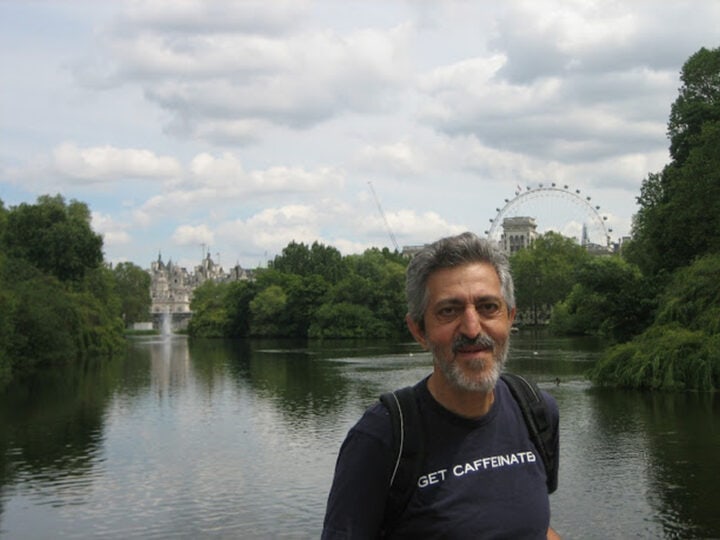Mankai, a high-protein form of the aquatic plant duckweed, could be the next superfood because it controls blood sugar levels after people eat carbohydrates, a team of researchers from Ben-Gurion University of the Negev (BGU) has revealed.
Hila Zelicha, a registered dietician and PhD student in public health, published her research with BGU colleagues in Diabetes Care, the official journal of the American Diabetes Association.
They gave some study participants a Mankai shake and others a yogurt shake equivalent in carbohydrates, protein, lipids and calories.
Following two weeks of monitoring with glucose sensors, participants who drank the duckweed shake showed a much better response in a variety of measurements including lower glucose peak levels; morning fasting glucose levels; later peak time; and faster glucose evacuation. The Mankai drinkers also reported feeling fuller.
The research group, led by Prof. Iris Shai, a member of BGU’s S. Daniel Abraham International Center for Health and Nutrition and the School of Public Health, has found in several previous studies that Mankai duckweed has tremendous health potential as a superfood.
This new research is a sub-study of the Dietary Intervention Randomized Controlled Trial – Polyphenols Unprocessed (DIRECT PLUS) which explores the effects of a green Mediterranean diet.
Mankai duckweed is grown in Israel and in other countries in a closed environment and is highly sustainable – requiring a fraction of the amount of water to produce each gram of protein compared to soy, kale or spinach. It can be grown year-round hydroponically. The tasteless and odorless plant is easily integrated into recipes.
Duckweed is high in protein, polyphenols, dietary fibers, minerals (including iron and zinc), vitamin A, vitamin B complex and vitamin B12. The latter is rarely produced by plants.
Previous duckweed studies published by BGU PhD students, published in Clinical Nutrition and in the Journal of Nutrition, proved several nutritional advantages. BGU researchers are continuing to collaborate internationally on evaluating duckweed.
















